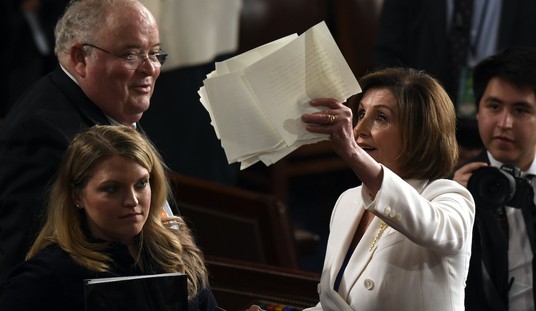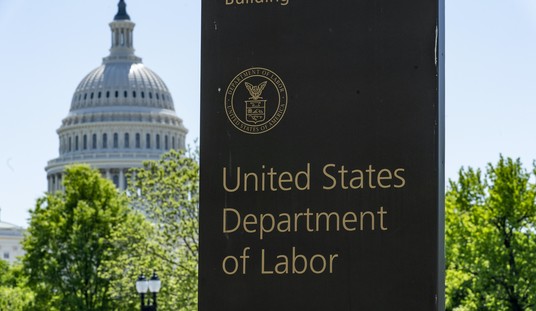Last week, Harvard Law School Dean John F. Manning told students he wasn’t sure whether Supreme Court nominee Brett Kavanaugh would be teaching his normal class — The Supreme Court Since 2005 — in January. Kavanaugh has been instructing the course since 2009.
But Monday night, an email from Associate Dean Catherine Claypoole confirmed the class’s cancellation:
Today, Judge Kavanaugh indicated that he can no longer commit to teaching his course in January Term 2019, so the course will not be offered.
Sent on behalf of the Law School’s Curriculum Committee.
Having voted on the issue Sunday night, the Harvard Undergraduate Council had requested that the Ivy League school’s administration investigate accusations of sexual assault before Kavanaugh be allowed to resume his employment.
Their letter was published in the school’s newspaper, The Harvard Crimson:
The Undergraduate Council stands in solidarity with Dr. Christine Blasey Ford, Deborah Ramirez, Julie Swetnick, and all survivors of sexual violence. We also stand with members of Harvard Law School who request a full and fair investigation into allegations against Judge Kavanaugh before he is allowed back on campus to teach.
Why do they “stand” with Ford? The letter, of course, implies all three accusers of the nominee — Ford, Ramirez, and Swetnick — were in fact victimized, despite no evidence whatsoever to support their claims.
It’s disturbing that students of a school known for its academics and prestigious law program could produce a letter eschewing not only due process, but critical thinking.
The letter came after days of protests by students. Manning responded Friday, in an email:
Dear HLS Students,
These have been painful, difficult times for our nation and our community. The Supreme Court confirmation fight has brought into sharp focus questions about sexual assault, fair process, fitness and character for high office, the integrity of the political process, and more. I appreciate the many students who have spoken out and expressed views on these critical issues.
There is an immediate reason I write you today. A number of you have written to me to express concerns about Judge Kavanaugh’s teaching in the Winter Term 2019. Though the course is not scheduled to meet for several months, I understand and respect the urgency you have for an answer now. I have written to dozens of you individually. I know that many of you are unsatisfied with the answer that we cannot comment on personnel matters in particular cases. But, as I have said, this policy serves important purposes even in stressful times.
Still, I can provide you this assurance: When concerns and allegations arise about individuals in our teaching program, we take those concerns and allegations seriously, conduct necessary inquiries, complete our process, and then act.
All best,
John M.
Last Thursday, during his testimony before the Senate Judiciary Committee, Kavanaugh recognized the potential damage to his career as an educator:
“I loved teaching law, but thanks to what some of you on this side of the committee have unleashed, I may never be able to teach again.”
No one knows what transpired 36 years ago at a high school party. It’s very possible that neither Ford nor Kavanaugh do. Can you remember the details of things almost four decades in the past?
How many times have you brought up a memory to an old friend, who couldn’t quite recall it?
The fact that last week, the entire nation huddled over a momentary teenage groping nearly forty years ago — which very well may never have occurred — indicates such a sad state of affairs in our national politics.
What’s more disturbing, I believe, is that we find ourselves in a world where the mere accusation of a crime is enough to destroy a life, and possibly a family.
All those who have rushed to judge Kavanaugh as guilty should be ashamed of themselves. Allegation and conviction should always stand as two separate concepts. There are, of course, other factors which will always certainly affect public perception of the accused’s innocence. But in the case of Kavanaugh, there is no reason to err on the side of his guilt.
That leaning — shall we say, to the left — among online rioters and Capitol Hill barkers and the on-campus offended — is not making for a better civility, a better country, a better world.
At the end of the day, politics is a game of money and power. And at stake are meaningful principles held to by both sides. But if we forget the principle of justice, then there’s nothing left worth fighting for.















Join the conversation as a VIP Member